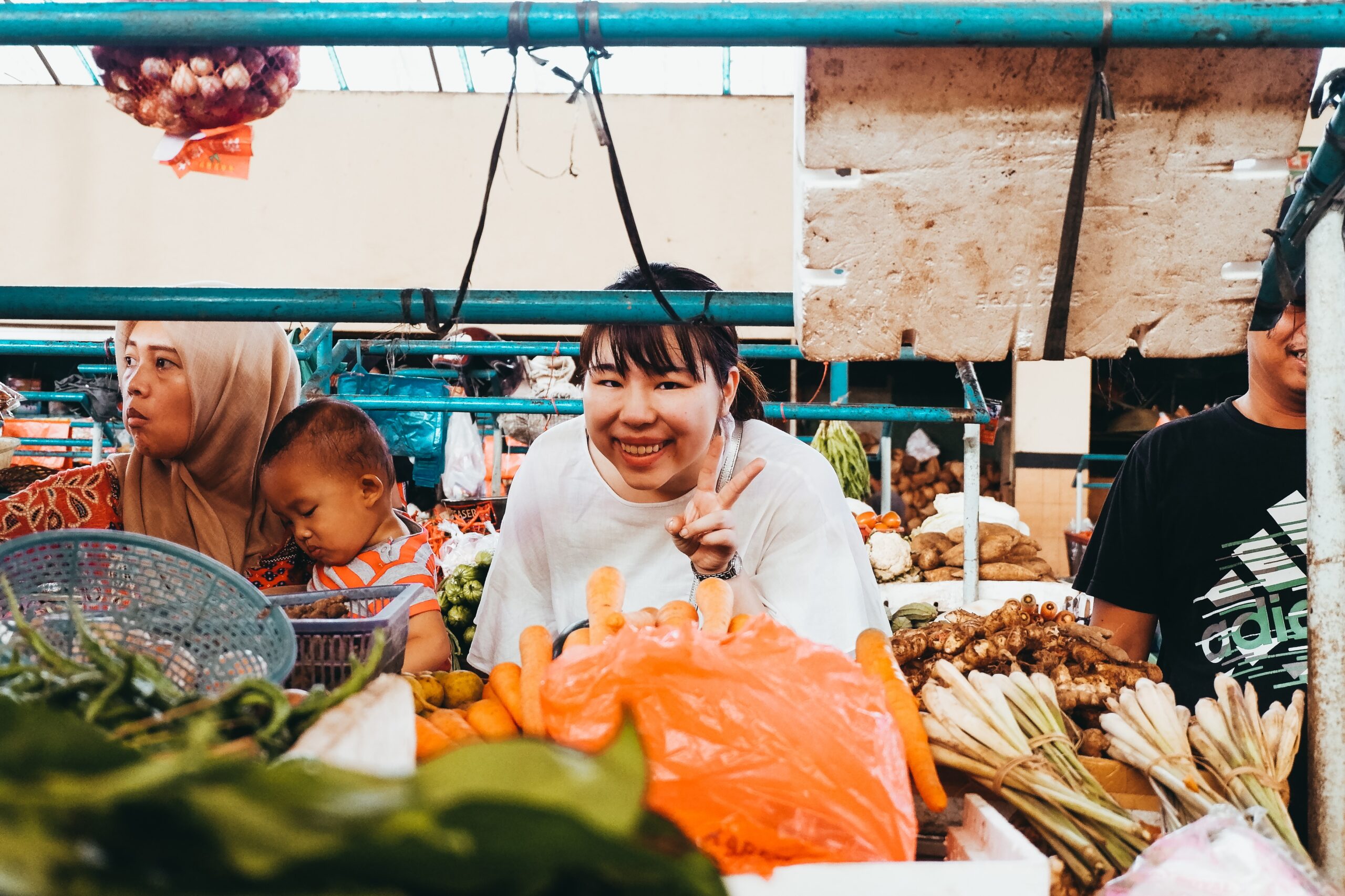As the world grapples with the growing challenges of environmental degradation and the need to reduce reliance on fossil fuels, a remarkable transformation is taking place in Balikpapan’s Kampung Energi Wasteco Manggar. This community has taken bold strides towards environmental sustainability by liberating itself from the clutches of subsidized liquefied petroleum gas (LPG) through a groundbreaking waste-to-energy initiative. The result? Waste is now being converted into methane gas (CH4), ushering in a new era of energy self-sufficiency.
Through a corporate social responsibility (CSR) initiative led by Pertamina Hulu Mahakam (PHM) since late 2018, the local community has managed to convert a staggering 480 tons of waste each day at the Manggar Landfill into a valuable source of alternative energy. This innovative approach has not only reduced the community’s carbon footprint but also redefined its energy landscape.
“In essence, this represents a fusion of traditional energy practices with the modern need for sustainability. We established this groundbreaking initiative right at the Manggar Landfill, ensuring that the gas extracted from these waste piles could be effectively distributed,” explained Frans Hukom, Head of Communication Relations & CID at PHM, during a recent visit to Kampung Manggar, Balikpapan.
The Manggar Landfill, spanning an impressive 5.7 hectares, has become a hotbed of innovation, producing around 820,800 cubic meters of methane gas annually. This invaluable resource is seamlessly integrated into the local community, offering an affordable and eco-friendly energy solution. Currently, there are 380 household gas connections, with a distribution network extending over 8,316 meters.
Moreover, the impact of this waste-to-energy project extends far beyond mere convenience. It has breathed new life into 28 small and medium-sized enterprises (UMKMs) within the village, creating a ripple effect of economic growth and sustainability.
“In the coming year, we aspire to expand this transformative endeavor by adding approximately 20 more gas connections, ultimately reaching 400 households,” Frans Hukom emphasized, underlining the project’s ambition to provide even greater accessibility to sustainable energy solutions.
The benefits of this initiative are not confined to environmental stewardship alone. PHM’s calculations reveal that families now enjoy substantial savings, amounting to approximately Rp456 million annually on cooking expenses, with a modest annual contribution of Rp45.6 million for methane gas.
Moreover, the initiative has resulted in a considerable reduction in the consumption of 3-kilogram LPG gas—equivalent to 18,240 cylinders per year. Additionally, it has led to a decreased demand for traditional fossil fuels within the landfill, saving 1,744 liters of oil annually.
The success of the waste-to-energy project is not only a testament to the community’s resilience and innovation but also to the far-reaching impact of corporate social responsibility.
Hudi Suryodipuro, Head of the Program and Communication Division at SKK Migas, highlighted the positive influence of methane gas utilization, stating, “The implementation of methane gas from CSR has made a significant impact here, skillfully executed by our dedicated PHM team, with invaluable support from the local community.”
The utilization of methane gas from waste has not only ushered in an era of environmental responsibility but has also catalyzed the establishment of 28 new small and medium-sized enterprises, cementing the Manggar Landfill’s status as an energy and economic hub for the community.
This innovative and sustainable transformation serves as a testament to the power of collective action and underscores the vital role that communities and corporations can play in shaping a more sustainable future.























